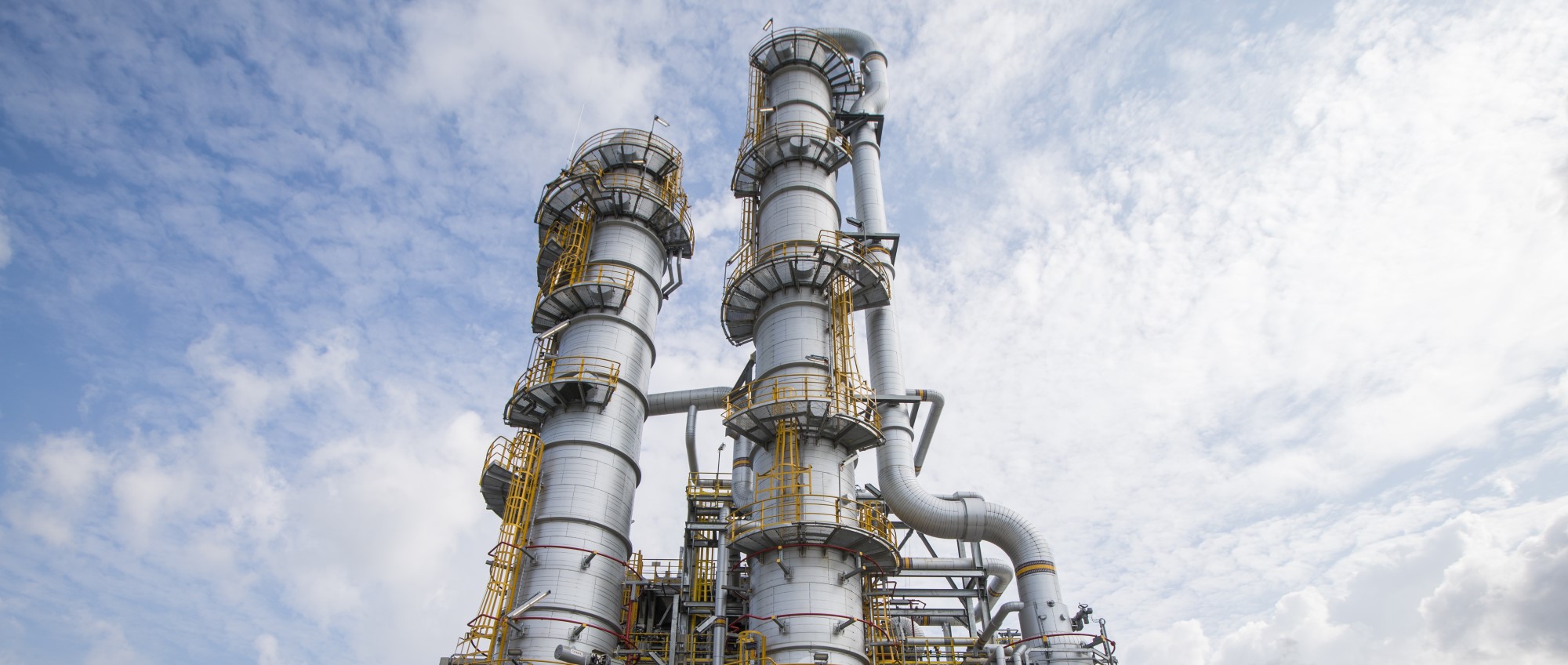SINGAPORE – The German chemicals company Evonik has opened an alkoxide production facility on Jurong Island that will pave the way for more sustainable chemical manufacturing facilities in the region.
The US$60 million (S$77.4 million) plant – the company’s fourth in the world and first in Asia – adds to its production network alongside facilities in the US, Germany and Argentina.
Alkoxides, also known as sodium methylate, are chemical compounds that are primarily used as catalysts in biodiesel production using vegetable oils. They are also important components in the pharmaceutical and agricultural industries.
The Singapore plant, which opened on Aug 27, will focus on production for Asean markets, with Indonesia and Malaysia the major biodiesel producers.
While its other alkoxide plants require a combination of steam and electricity to operate, Evonik’s Singapore facility will be the first to operate entirely on electricity.
This means that the plant would be able to run on green energy in the future, allowing it to operate with net-zero Scope 1 and 2 carbon emissions as defined by the Greenhouse Gas Protocol.
The company also expects the alkoxide plant to play a bigger role in the chemical recycling of PET plastics.
Ms Lauren Kjeldsen, Evonik’s chief operating officer of custom solutions, said on Aug 27: “This facility is more than just an expansion; it’s a statement of our long-term commitment to Asia.
“By producing closer to our customers, we enhance supply security and agility, while also contributing to Singapore’s vision for a sustainable chemical industry.”
The company already has two other plants on Jurong Island and two more in Tuas.
Evonik regional president Claus Rettig told The Straits Times that even though most of the region’s demand for alkoxides comes from neighbouring countries, the company still deemed Singapore the most ideal location for the new plant.
He cited the ecosystem that Evonik has already established in the country as a major factor, bolstered by the strong political and economic stability.
“Singapore also has better shipping access to Malaysia and Indonesia. It would be more expensive to ship from Indonesia to the country’s different islands than to ship it from here,” he said.
He added that the plant would significantly reduce South-east Asia’s reliance on China and Saudi Arabia for alkoxide imports.
Dr Rettig noted that Singapore offers an “unbeatable” proposition with its highly skilled workforce – the plant is manned by a team of just 13 people in a separate control room, working three shifts a day.
It covers about 600sqm at Evonik’s Jurong Island facility – dwarfed by the company’s much larger methionine plants – and is expected to hit full capacity of 100 kilotonnes a year in 2026.
Ms Grace Fu, the Minister for Sustainability and the Environment and Minister-in-charge of Trade Relations, said at the opening ceremony that higher-value speciality chemicals like alkoxides account for $5 billion or one-fifth of the energy and chemicals industry, which is Singapore’s second-largest manufacturing sector.
Evonik’s newest plant, along with investments from other key players, is keeping the Government’s plan to transform Jurong Island into a sustainable energy and chemicals park on track, she added.
Ms Kelly Lai, vice-president for chemicals and materials at the Economic Development Board, added: “We see huge growth opportunities in the speciality chemicals sector, with rising demand for solutions that enable cleaner transport, sustainable agriculture and advanced materials.”
Evonik recorded a 25 per cent increase in its adjusted earnings before interest, taxes, depreciation and amortisation (Ebitda) from €1.66 billion (S$2.48 billion) to €2.07 billion in 2024, and €15.2 billion in sales, similar to 2023.
Asia contributes 25 per cent of revenue, and the company plans to raise this to about 33 per cent by 2032.
The bulk of its Asian businesses is in China, with Singapore the second-largest revenue contributor.
Dr Rettig said the goal is for Singapore, China and India to form the three main pillars of Evonik’s Asian strategy.
Two more projects in Japan and China are expected to be completed by the end of 2025, while it also launched a new research hub in Mumbai, India, in April 2024.
Dr Rettig said the company is still a way off its 33 per cent target for Asia, due to the US tariffs already impacting consumer demand. But he remains optimistic about the company’s growth trajectory in the region, with more developments already in the pipeline.
